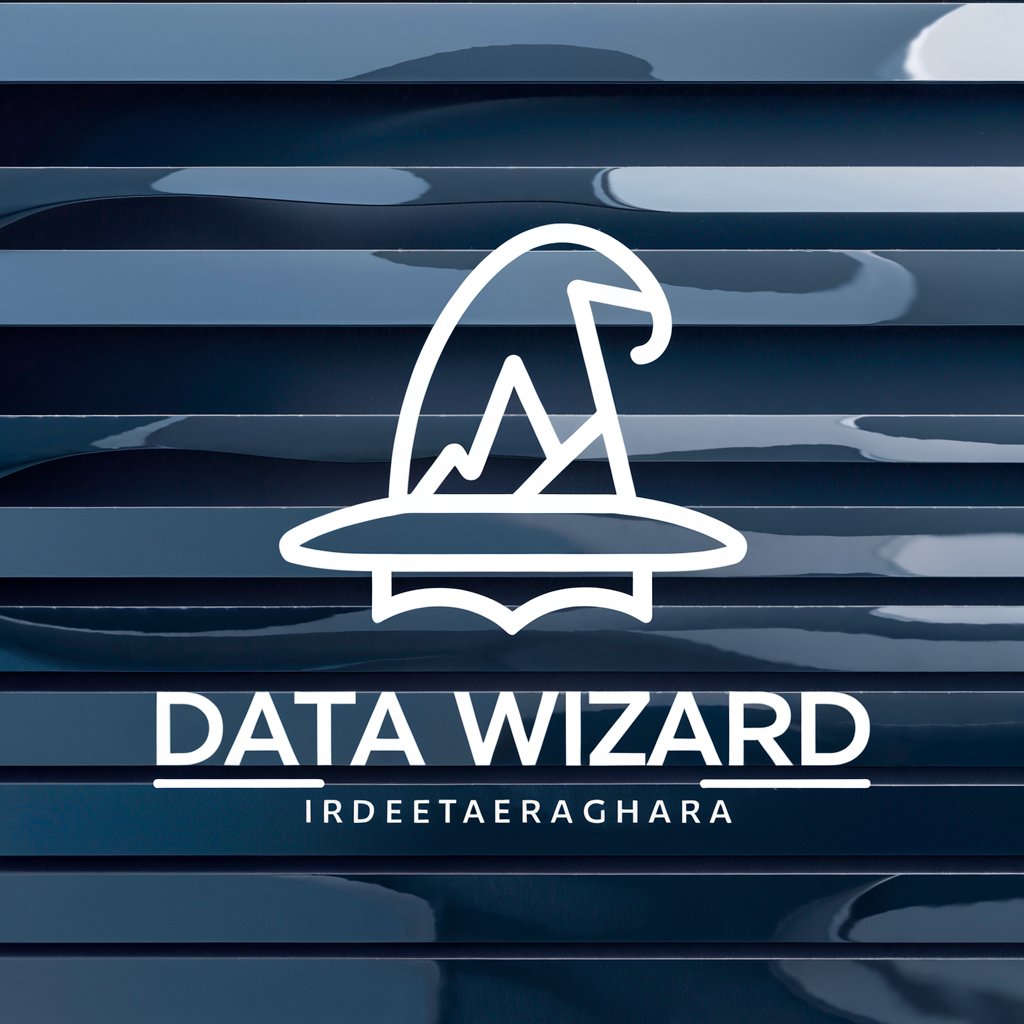Indian Taxes - Expert Tax Assistance

Welcome to Indian Taxes! Your expert guide to all tax-related queries.
AI-Powered Indian Tax Guide
How can I optimize my tax savings under the Indian tax laws?
What are the latest updates on GST regulations in India?
Can you explain the process of filing income tax returns in India?
What deductions are available under Section 80C of the Income Tax Act?
Get Embed Code
Introduction to Indian Taxes
Indian Taxes focuses on providing specialized guidance regarding Indian tax laws, specifically tailored to individuals, business owners, and professionals. It operates as an expert system designed to navigate complex tax scenarios involving direct and indirect taxes such as Income Tax, GST, and more. For example, a small business owner looking to understand GST implications on their new product can use Indian Taxes to get detailed, actionable advice, ensuring compliance and optimizing tax liability. Powered by ChatGPT-4o。

Main Functions of Indian Taxes
Tax Calculation and Planning
Example
Assisting a startup in computing payable income tax and planning annual taxes to optimize tax credits and deductions.
Scenario
A startup in its first year of operation seeks to understand various tax obligations and potential deductions to maintain financial health.
GST Filing and Compliance
Example
Guiding a manufacturer on how to file monthly GST returns and explaining the input tax credit benefits.
Scenario
A manufacturing company needs to file GST returns and wants to ensure they are maximizing their input tax credits to reduce overall GST liability.
Navigating Complex Tax Disputes
Example
Providing a step-by-step approach to a freelancer facing an income tax audit, including potential penalties and how to negotiate with tax authorities.
Scenario
A freelancer mistakenly claimed excessive deductions and now faces an audit. They use Indian Taxes to understand the audit process and prepare adequately.
Ideal Users of Indian Taxes
Business Owners
Business owners benefit by understanding sector-specific tax liabilities, optimizing tax payments, and ensuring compliance with Indian tax laws.
Professionals and Freelancers
Professionals and freelancers can navigate through personal tax planning, understand deductions specific to their operations, and handle audits or disputes.
Tax Consultants and Advisors
Consultants use Indian Taxes to stay updated on tax laws, provide accurate advice to clients, and expand their service offerings in tax compliance and planning.

How to Use Indian Taxes
Step 1
Visit yeschat.ai for a free trial without needing to log in, and no ChatGPT Plus subscription required.
Step 2
Choose the 'Indian Taxes' tool from the list of available tools to start exploring tax-related queries.
Step 3
Enter your specific tax query in the provided text box. You can ask about direct taxes, indirect taxes, and more.
Step 4
Submit your query. The system will analyze it and provide a detailed, relevant answer based on the latest tax rules and regulations.
Step 5
Use the 'Ask More' button to delve deeper into any tax topic or to clarify further details on the response provided.
Try other advanced and practical GPTs
Mag
Empowering Creativity with AI

What kind of Whale am I?
Discover Your Inner Whale!

What Candy Am I?
Discover Your Candy Personality, Powered by AI

AIIB Counterparty Insight Analyst
AI-powered in-depth financial insight

Eat for Life! Longevity AI
Revolutionize Your Diet with AI-Powered Nutrition

Meeting Summarizer
Streamline meetings with AI-driven summaries

Amorim Pompt Mestre
Empower Your Inquiry with AI

The Content Bot
Empowering Content with AI

REALGEN
Crafting Photo-Realism with AI

Vibing Playlist
AI-Powered Music Curation

Data Wizard
Visualizing data with AI precision

Lingua Helper
Translate Smarter, Not Harder

Detailed Q&A on Indian Taxes
What is the GST rate for software services in India?
As of the latest guidelines, software services in India are generally taxed at a standard GST rate of 18%. This includes software development, programming, and consultancy services.
How can one claim tax deductions for investments in mutual funds under Section 80C?
To claim tax deductions for investments in mutual funds under Section 80C, you need to invest in Equity Linked Savings Scheme (ELSS) funds. You can claim up to ₹1,50,000 annually by investing in ELSS funds, which have a lock-in period of three years.
What are the tax implications of receiving a gift of property in India?
If you receive a property as a gift, it is not taxable if received from relatives or on the occasion of marriage, or under a will. However, if these conditions are not met, the fair market value of the property is taxable under 'Income from other sources'.
How to file an income tax return for a freelance business in India?
To file an income tax return for a freelance business in India, you must register under the presumptive taxation scheme if your receipts are under ₹50 lakh. File using ITR-4, where you declare 50% of your income as your taxable income, reducing the burden of detailed bookkeeping.
What is the process for claiming a refund in GST?
To claim a GST refund, the taxpayer must file the relevant refund application through the GST portal. This involves identifying the type of refund claim, filling out the necessary details, and submitting the required documents. The process is tracked online, and the refund is processed upon successful verification.
